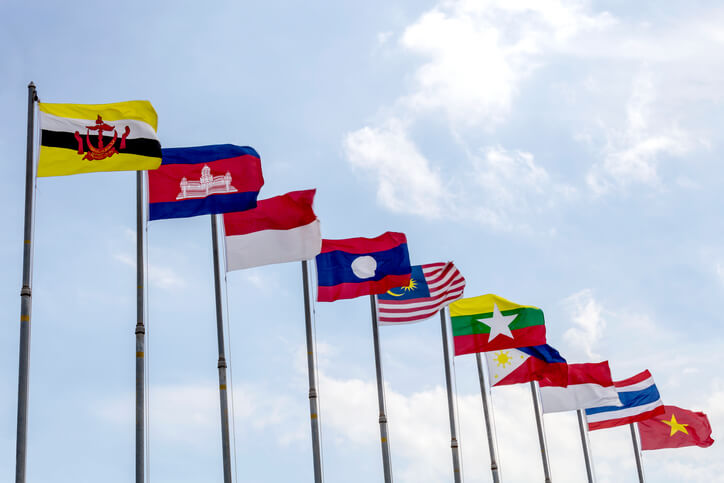Migration improves the lives of workers in the long term if their rights are protected and if they are given opportunities for skills development, according to a recent study by the International Labour Organization (ILO) and International Organization for Migration (IOM).
United Nations figures say the number of migrants headed to other countries in the Association of Southeast Asian Nations has increased to nearly 6.9 million, growing more than fivefold since 1990. Outside of these figures, millions more are employed without legal status and are not included in the official count.
The
“Risks and Rewards: Outcomes of Labour Migration in Southeast Asia” study highlighted the outcomes of the migration experience not only in terms of the remittances the migrants send back to their countries.
For example, the usual thinking is that migrants choose to undertake risks that eventually put them in harm’s way. But Ben Harkins, ILO technical officer and lead author of the report, said that migrants are vulnerable to abuse regardless of their decisions.
“Our findings suggest that the problem is not that migrant workers are making the wrong choices but that they are very vulnerable to abuse regardless of their decisions. What is most important for improving outcomes is ensuring that all migrants benefit from fundamental labour rights such as the minimum wage, including women and men employed in the informal economy,” he said.
He added this would require changes to policy and practice by governments, employers, and recruitment agencies, and not necessarily changes in migrants’ behaviours.
The study also highlighted the need to increase access to opportunities for workers to develop their skills. “Skills development and validation in partnership with employers can help migrant workers move into jobs with better wages and working conditions, bolstering their economic contribution,” according to Anna Platonova, IOM Thailand Senior Programme Manager.
The study found that the number of migrants living below the poverty line was reduced by 11% after return. “That suggests that migration can be effective in decreasing poverty within the region,” Platonova said.
The large-scale regional survey was conducted among 1,800 migrants from Cambodia, Lao People’s Democratic Republic, Myanmar and Vietnam, who had been employed in Thailand or Malaysia.
The study developed a Migration Outcomes Index to measure changes in the lives of migrant workers from before to after their migration. The MOI broadens the way migration outcomes are measured by incorporating both social and economic elements.
Harkins said the report bolsters the argument for a more migrant-centred labour migration governance policy in the region.
“We should aim to increase the number of migrant workers who have a holistically beneficial labour migration experience, rather than simply expanding national remittance accounts.”
Related stories:
Is Singapore still attractive to migrant workers?
Employers to fund education for foreign staff

